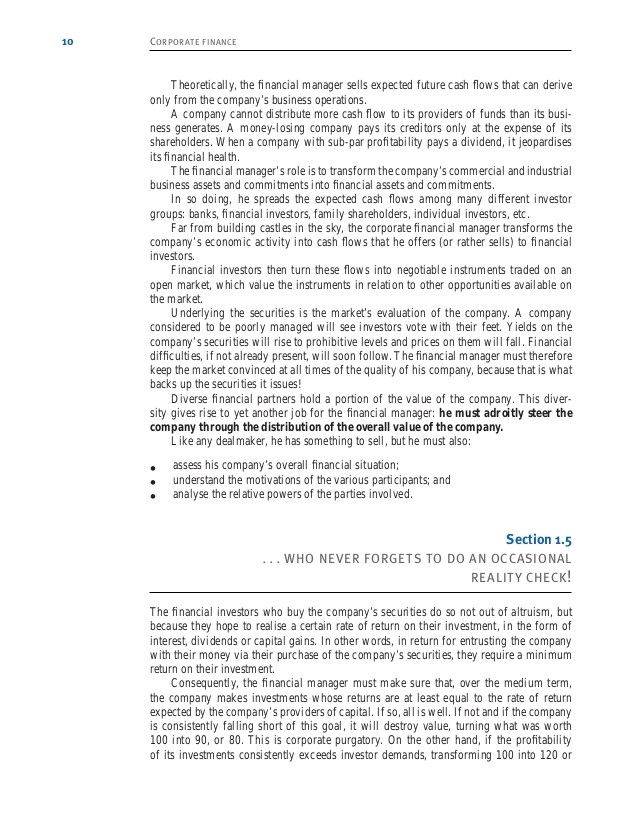ANALYSISGrading rule could stump Indian IPOs investment banks
Post on: 11 Июнь, 2015 No Comment

(For expanded IPO diaries, click on [IN/IPOMENU])
By M.C. Govardhana Rangan
MUMBAI, April 5 (Reuters) — Initial public offerings by companies in India could slow this year because of a new regulatory grading system, denting the largest source of income for investment banks.
Under the mandatory system, imposed by the market regulator last month, companies planning IPOs must be graded by credit rating agencies to give potential investors more information about the strengths and weaknesses of the firms.
It would weed out weak companies, but the jump in paperwork would slow IPOs of many companies, said Ravi Sardana, vice president at ICICI Securities.
In 2006, Indian companies raised 198.6 billion rupees ($4.6 billion) through IPOs, more than double the 99.9 billion rupees raised in 2005, according to fund raising data provider Prime Database.
Bankers expect the IPO haul to drop 10-15 percent in 2007, with prospects dimming further if stock markets fall.
When it comes to IPO business, there’s going to be a problem for banks this year — regarding new rules and timing the issues on market conditions, said a banker who did not want to be identified. But some of the global banks can partly offset lower growth if their M&A team comes up with cross-border deals, he said, referring to a growing trend for Indian companies to invest or raise money abroad, in addition to incoming foreign fund flows.
Another banker said, if you had a grading for Bharti Airtel Ltd. ( BRTI.BO ) when it came out with the IPO, the rating agencies would have given it the lowest possible rank because it did not have profits to show.
Bharti launched its IPO in 2002, raising $172 million. It has since become India’s top mobile services operator, with a market value of $33 billion.
A decline in IPOs would be bad news for investment banks such ase Citigroup ( C.N ), which topped the league table for equity fund raising in 2006, followed by Morgan Stanley ( MS.N ), Deutsche Bank ( DBKGn.DE ) and Merrill Lynch MER.N.
Investment bankers know the grading rule will squeeze their income by slowing IPOs, but top ones like Citi and JM Morgan Stanley believe their clients — big companies — will be able to overcome grading glitches.
Spice Communications Ltd. which has filed for an IPO, will be able to ride through irrespective of what grading it gets because the mobile phone firm is already popular and investors know the growth prospects, a banker involved with the IPO said.
Equity fund raising contributed 73 percent of the $413 million in investment banking revenue in India in 2006, according to Dealogic.
NEW GRADING SYSTEM UNDER FIRE
Critics say the new grading system does not take into account the most critical piece of information that investors need about a public share sale — the offer price.
IPO is all about pricing, said M.A.A. Annamalai, director at Chennai-based Akshaya & Co. which has been selling IPOs for about three decades.
There can be good companies with bad pricing, and bad companies with attractive pricing. So the hands-off approach on pricing is not going to be of much help to investors.
Rating agencies will study an IPO candidate, its financial parameters and the background of its founders and grade it on a scale of one to five. They will not comment on the pricing.
In March, market watchdog Securities and Exchange Board of India said companies must get gradings from credit rating agencies to launch IPOs.
The move was meant to provide an objective view of a company’s strength to investors after some recent offerings fell heavily on listing, raising questions about how the regulator had approved such issues.
Shares in property firm Parsvnath Developers Ltd. ( PARV.BO ) have lost $246 million in market value after they fell a fifth from their IPO price to 241.25 rupees. Akruti Nirman AKRU.BO, another real estate firm, has lost 23 percent to 415.30 rupees, wiping out $191 million in market value.
The new grading system and stricter disclosure rules recently imposed by regulators could further delay an IPO of more than $2 billion by developer DLF Ltd. — potentially India’s biggest offering but put off in mid-2006 after a market slide soured investor appetite.
Critics of the grading system also say it could snuff out access to the capital market for budding entrepreneurs.
This grading system can break me, said Sandeep Karande, who runs a small embedded software services firm in the western city of Pune. It’s a dampener. The only avenue left for me without private equity hassles was IPO and that avenue is shut now.
($1= 43.1 rupees)
((Editing by Ranjit Gangadharan and Kim Coghill; e-mail:govardhana.rangan@reuters.com; +91-22-6636 9246)) Keywords: INDIA IPOS/
(C) Reuters 2007. All rights reserved. Republication or redistribution ofReuters content, including by caching, framing or similar means, is expresslyprohibited without the prior written consent of Reuters. Reuters and the Reuterssphere logo are registered trademarks and trademarks of the Reuters group ofcompanies around the world.nBOM18998














